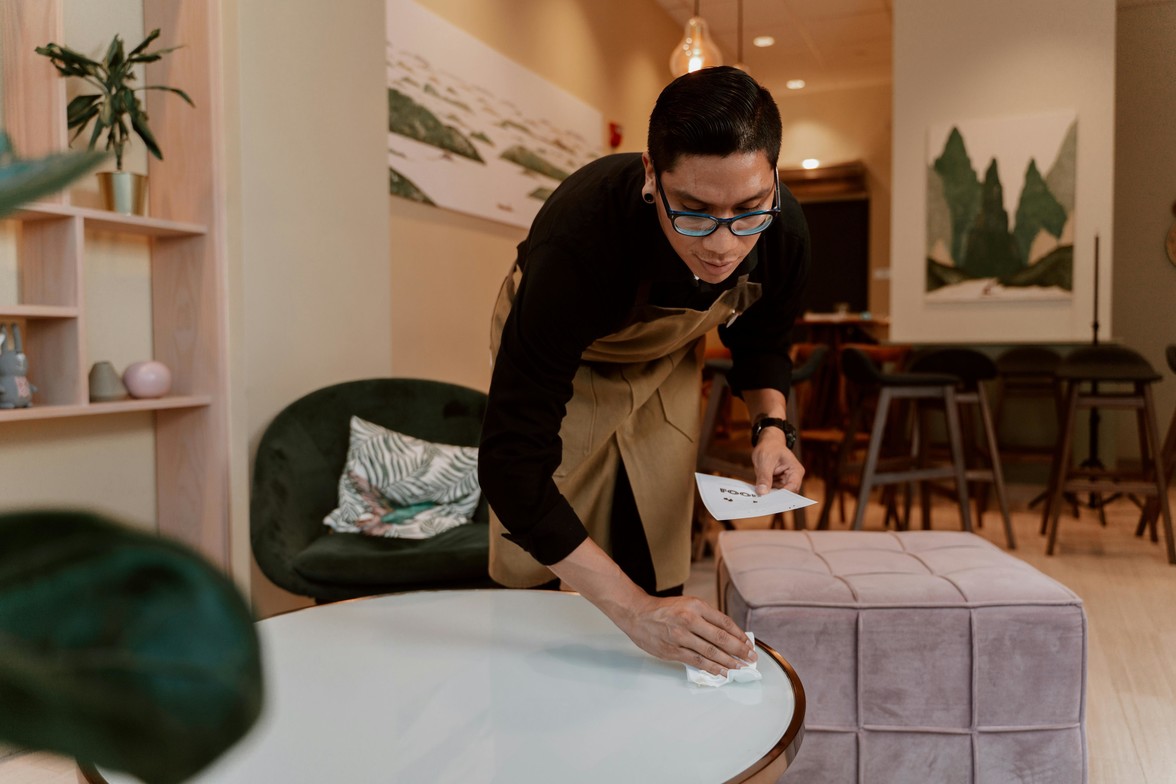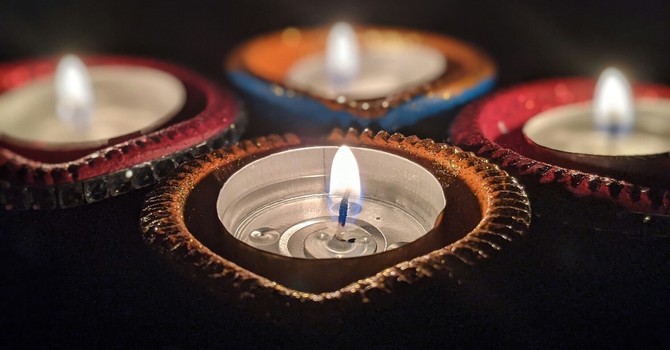
When I ask my clients how anxiety shows up in their lives, they’ll often mention things like overthinking, avoiding uncomfortable situations, or struggling to make decisions. But just as often, it hides in plain sight—disguised as habits or routines.
Many of these behaviours don’t show up on a checklist of symptoms. They can feel like personality traits or even personal preferences—“this is just how I like it.” And that may be true. But for some people, these patterns are also ways of coping with anxiety.
If you’ve ever noticed yourself going out of your way to keep everything in order, over-explaining a simple choice, or apologizing more than seems necessary, this might resonate.
Everyday Habits That Might Be Anxiety
1. Giving Gifts (a lot… and not just for birthdays)
You might say you love giving presents because it makes others happy. And that’s true. But if you find yourself buying gifts randomly, often, or with a sense of urgency, ask yourself:
"Is this about their happiness—or my comfort?"
Sometimes, gift-giving is a way to manage anxiety about being liked, wanted, or feeling secure in a relationship.
2. Cleaning When Things Aren’t Dirty
You cleaned yesterday. The counters are already spotless. But here you are again, wiping them down.
This isn’t about OCD. It’s about managing uncertainty. When life feels chaotic, cleaning creates a quick sense of order. It’s immediate, tangible, and soothing—especially when your emotions feel harder to manage.
3. Being Incredibly Organized
You colour-code your calendar. You keep multiple lists. You label containers that don’t really need labels. People may praise your organizational skills, but underneath that structure, there may be something else:
The fear of dropping the ball.
The fear of forgetting something important.
The fear that if you’re not constantly on top of everything, things will fall apart.
Sometimes “I like being organized” really means “I don’t feel comfortable unless I have a plan and things are under control."
4. Procrastination That Feels Like Laziness
You want to do the thing. You know how to do the thing. You even want the thing to be done. And yet—you don't do the thing.
While it may feel like laziness, it’s often anxiety in disguise.
When a task feels overwhelming or high-stakes, your brain hits pause—not because it’s unmotivated, but to avoid feeling overwhelmed or anxious. That avoidance often gets mislabelled as “not trying hard enough,” when in fact it’s your nervous system going into self-protection mode.
If you struggle with putting things off, you might like "Am I Just Lazy?” What Procrastination Really Means—And Why You’re Probably Being Too Hard on Yourself—my blog post that explores the emotions behind avoidance and how to approach it with more self-compassion.
5. Over-distraction (Scrolling, Streaming, Gaming… Endlessly)
We all zone out sometimes. But if you find yourself repeatedly reaching for distractions—it might be worth asking: What am I trying not to feel?
Anxiety hates stillness. When we slow down, uncomfortable thoughts or feelings often come to the surface, making us feel tense or on edge. Constant distraction can be a way to numb or avoid discomfort—not a “bad habit,” but a coping strategy for feeling emotionally uncomfortable.
6. Apologizing (For Literally Everything)
Do you say “sorry” when someone bumps into you? When you're two minutes late? When you ask a question?
Chronic apologizing often comes from anxiety about being a burden, taking up space, or being “too much.” It’s a pattern rooted in a fear of rejection or disconnection.
7. Over-Explaining or Justifying Decisions
Ever catch yourself writing a paragraph-long text justifying a simple choice? (“Hey, I’m really sorry I can’t come tonight—I have a long day tomorrow, and I didn’t sleep well last night, and I really need to rest so I’m not a zombie at work...”)
This is anxiety showing up as fear of judgment or conflict. You’re trying to manage how others perceive you, to feel more at ease and avoid discomfort.
8. Always Being “The Reliable One”
People count on you. You’re the helper. The one who shows up. You take pride in it—but you’re also exhausted.
Sometimes being dependable isn’t just about values—it’s anxiety at work. If saying no feels uncomfortable, or if your worth feels tied to being needed, anxiety might be running the show.
If you often say “yes” even when you want to say “no,” my blog post How to Set Boundaries Around Your Time can help you learn practical strategies for protecting your energy while staying connected.
9. Feeling Guilty When You’re Not Productive
It’s your day off. You should be relaxing. But that little voice kicks in:
“You’re wasting time.”
“You should be doing something useful.”
For many of us, taking a break triggers the fear of falling behind. Even on a day off, the mind starts racing, and anxiety creeps in if we’re not “doing” something.
If slowing down feels almost impossible, my blog post Why Slowing Down Feels Hard With High-Functioning Anxiety can help you understand why slowing down feels so uncomfortable—and why it’s an essential part of anxiety recovery.
So… Is It Just a Quirk? Or Is It Anxiety?
Not every habit is rooted in anxiety. But if a behaviour feels compulsive, if it's hard to stop, or if it brings relief from an underlying tension—that’s often a clue.
The point isn’t to pathologize everything. These behaviours have emerged as a means to help you function, connect, and cope. But they may also be costing you—your energy, your authenticity, your peace.
Recognizing them isn’t about judgment. It’s about compassion and curiosity. It’s about asking:
• What am I trying to manage with this?
• What would happen if I didn’t do it?
• What am I afraid might come up?
When we understand how anxiety shows up—especially in unexpected ways—we give ourselves the chance to relate to it differently. Not as something to fight, but as something to listen to.
How Therapy Can Help
If you recognized yourself in some of these patterns, it’s important to remember they likely began as ways to cope and get through stress. Therapy can help you explore what’s driving them and create new ways of responding that feel more sustainable and supportive in your daily life.
And if you’re not sure whether your habits are simply part of your personality or a sign of anxiety, therapy can also give you space to sort that out—with curiosity rather than judgment.
Making Space for Yourself
If you’re curious about whether therapy could support you, let’s talk. I work with adults across Ontario navigating high-functioning anxiety—helping you find relief from the constant pressure to keep going, doing, and achieving. Sessions are 100% virtual, so therapy can fit into your life—not just around it.







